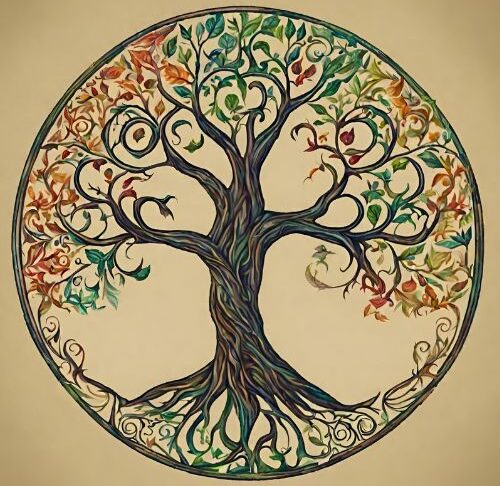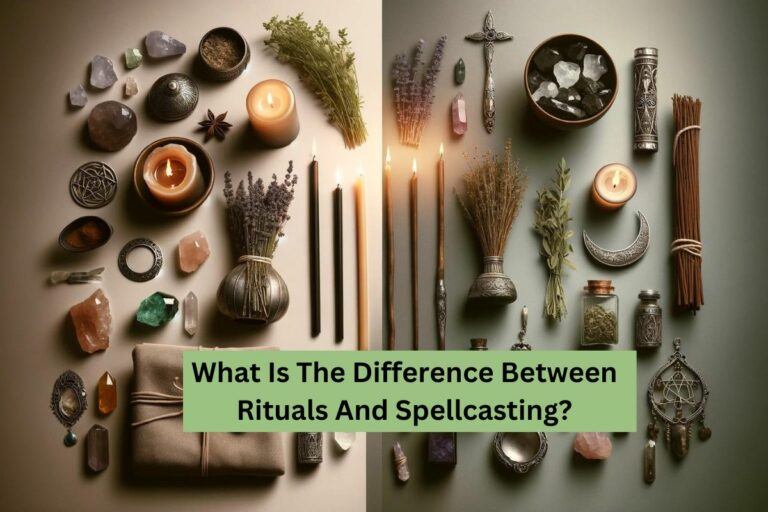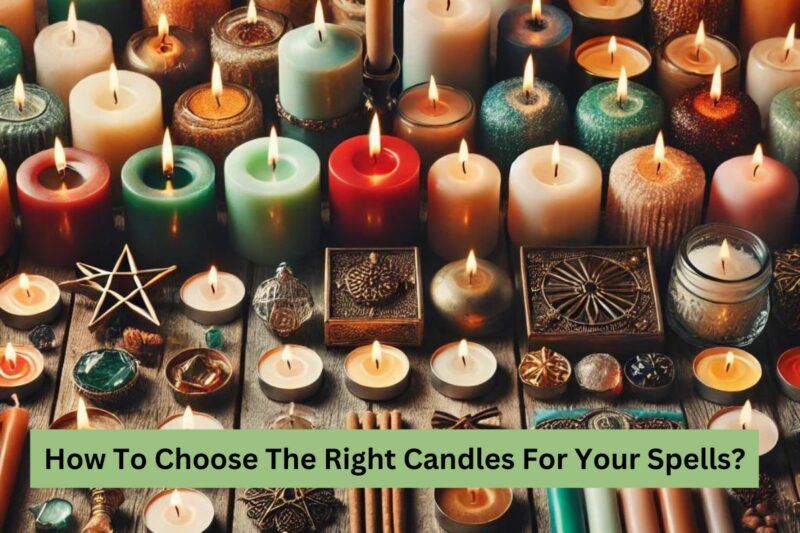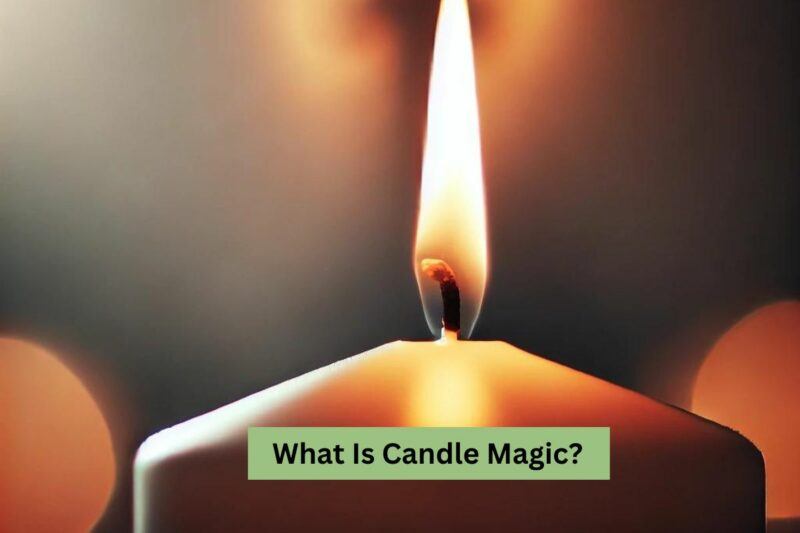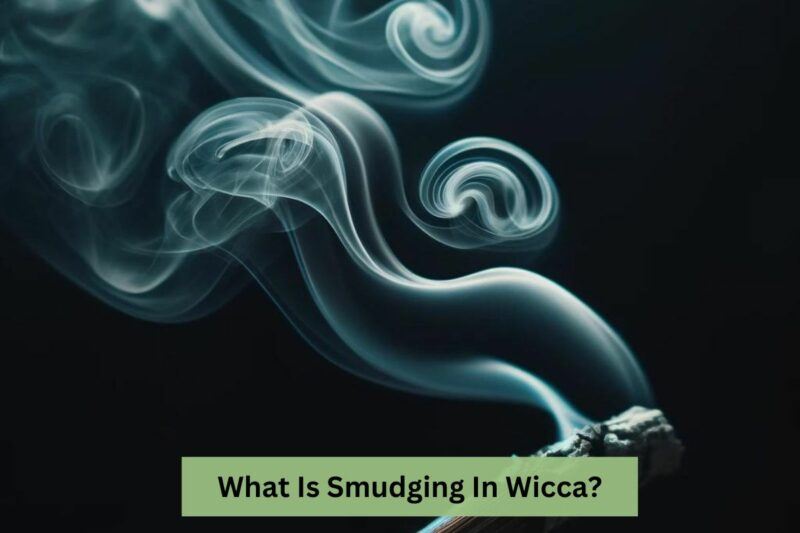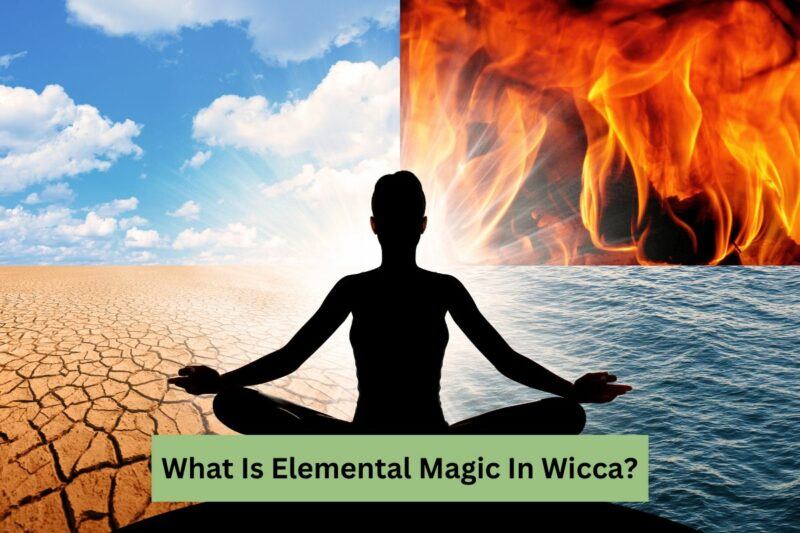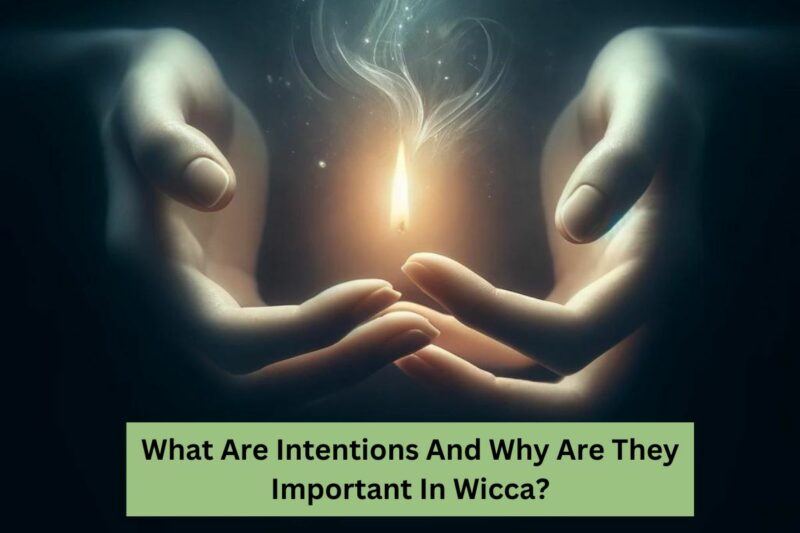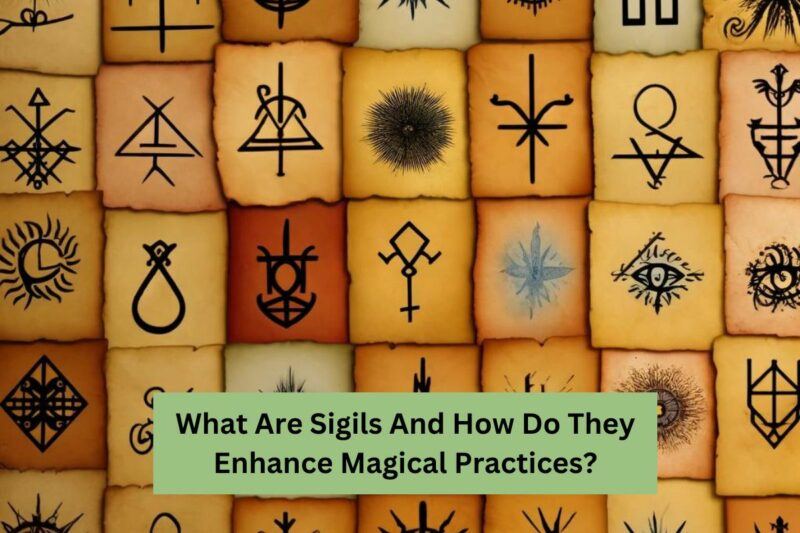- Understanding Rituals and Spellcasting: Rituals and spellcasting are different practices with unique purposes and methods.
- Purpose of Rituals: Rituals are often tied to tradition and community, marking important events and helping people connect with their cultural or religious heritage.
- Purpose of Spellcasting: Spellcasting is usually a personal practice aimed at achieving individual goals and desires, such as attracting good luck or seeking protection.
- Structure and Tools: Rituals follow a set structure with culturally or religiously significant items, while spellcasting uses tools believed to have their own power, like crystals or herbs.
- Personal and Cultural Significance: Both practices can deeply influence your habits, mindset, and lifestyle by integrating into daily routines and marking significant life events.
- Emotional and Spiritual Input: The effectiveness of both rituals and spellcasting is greatly affected by the emotions and energy you put into them.
- Community and Individual Practices: Rituals are often communal, while spellcasting can be done alone or in groups, showing personal strength and spiritual connection.
- Connection and Change: These practices serve as tools for both personal and cultural expression, helping you understand and appreciate their roles in different contexts.
You might think rituals and spellcasting are the same thing at first, but they’re actually different.
A ritual is a series of specific actions that people perform that often have a special meaning. You’ve probably seen rituals at weddings or funerals, where people perform certain things as part of their religion or culture.
Spellcasting is when someone tries to make something happen by focusing their thoughts and energy. They might say special words, chant, or use certain objects and is connected to magic.
Rituals and spellcasting have different goals. Rituals are often about remembering important things, celebrating traditions, or bringing people together. Spellcasting is more about what the person wants for themselves, like bringing good luck or keeping bad things away.
It’s important to understand these basics before we look at the details of each one. In the next part, we’ll compare how rituals and spellcasting are set up and how long they take. This will show us how complicated they can be.
The Structure of Rituals vs. Spellcasting
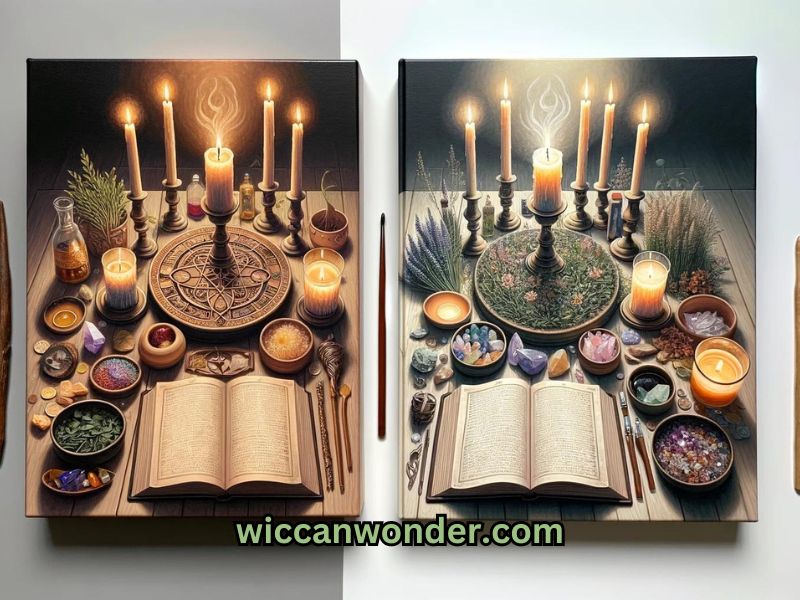
Rituals usually follow a set structure, which might include specific steps or stages. These can range from preparing a sacred space to performing certain actions in a set order. Every part of a ritual, from the timing to the participants involved, can have special meaning.
Spellcasting, while sometimes less formal, typically involves a series of focused intentions and actions designed to achieve a specific result. It might include saying special words—like chants or incantations—as well as using physical items, such as herbs, candles, or other materials.
When you compare rituals and spellcasting, it’s clear that both can have detailed procedures. Rituals tend to be more elaborate, sometimes taking place over several days or involving many participants. Spellcasting can be done alone and often aims for quicker results.
Rituals are usually longer events. They can be part of seasonal celebrations or important life events like weddings or funerals and often unfold in stages. Spellcasting typically finishes in one session, which can last from a few minutes to about an hour.
| Comparison of Rituals and Spellcasting ✨ | |
|---|---|
| Aspect | Details |
| 🎯 Purpose | Rituals focus on community, tradition, and honoring events. Spellcasting focuses on personal goals like protection or luck. |
| 🔮 Typical Tools | Rituals use candles, incense, and a chalice. Spellcasting uses crystals, herbs, and wands. |
| ⏳ Duration | Rituals can be long, over days or stages. Spellcasting is usually short, from minutes to an hour. |
| 🏞 Setting | Rituals are often communal and part of large events. Spellcasting is usually solitary and done in private. |
| 🔧 Structure | Rituals follow a set sequence of actions. Spellcasting is flexible, focused on specific outcomes. |
| Brought to You by wiccanwonder.com | |
Each approach taps into different energies and traditions. Understanding their structure helps you appreciate the unique nature of both practices.
Rituals are often deeply spiritual or religious, aimed at honoring a deity, marking an important event, or finding knowledge and connection with your community.
Intentions and Outcomes
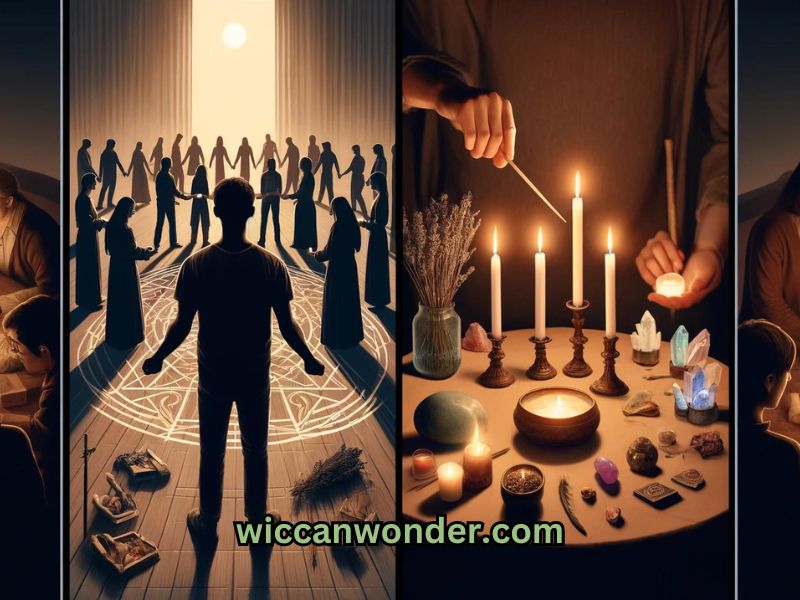
Unlike rituals, spellcasting is usually more personal and targets specific changes in your life, like drawing wealth, finding love, or looking for protection. The focus here is on achieving a certain goal or desire.
With rituals, following tradition is important, and the outcomes might be more about the experience and the journey rather than a specific result. On the other hand, spellcasting is more about reaching specific goals, with each step planned to get a clear outcome.
Both practices use your feelings and energy, which can greatly affect their effectiveness. After all, rituals and spellcasting are not just about actions; they are also about what you put into them emotionally and spiritually.
Cultural and Personal Significance
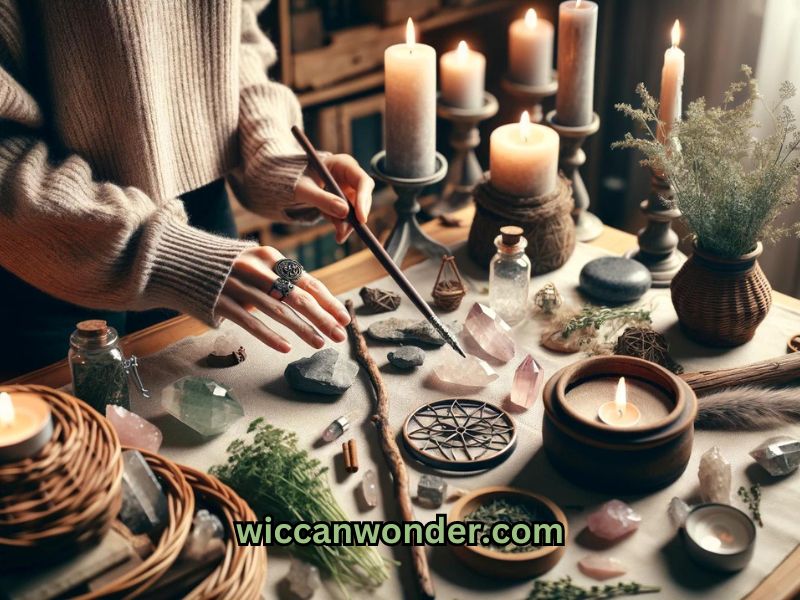
It’s important to understand how culture shapes our practices. Rituals, for example, are often based on tradition. They are passed down through generations and represent the beliefs and values of a community or society. Rituals can mark important events, changes, and milestones, helping people connect with their heritage.
Spellcasting, on the other hand, can be very personal. It might use traditional meanings and symbols, but the way you perform a spell is often unique to your goals and beliefs. Personalization is important in spellcasting, this lets you voice your desires and emotions in a way that suits you. This shows the diversity within communities that might share certain rituals but experience and practice them differently.
Unlike rituals, which are often done with others, spellcasting is usually done alone. Many spellcasters work by themselves, showing personal strength and individual spirituality. However, spellcasting can also be done in groups, especially with people who share much the same spiritual beliefs.
There is a link between these two practices. Shared rituals can be very meaningful as each person adds their own personal touch, making the group experience special for everyone. Likewise, spellcasting done in a group can bring people closer together and reinforce their shared beliefs or goals.
This mix of purposes and meanings shows the many ways rituals and spellcasting contribute to cultural identity and personal expression. They shape, and are shaped by, the communities that practice them and by the individuals who give them new life with each performance.
Tools and Symbols
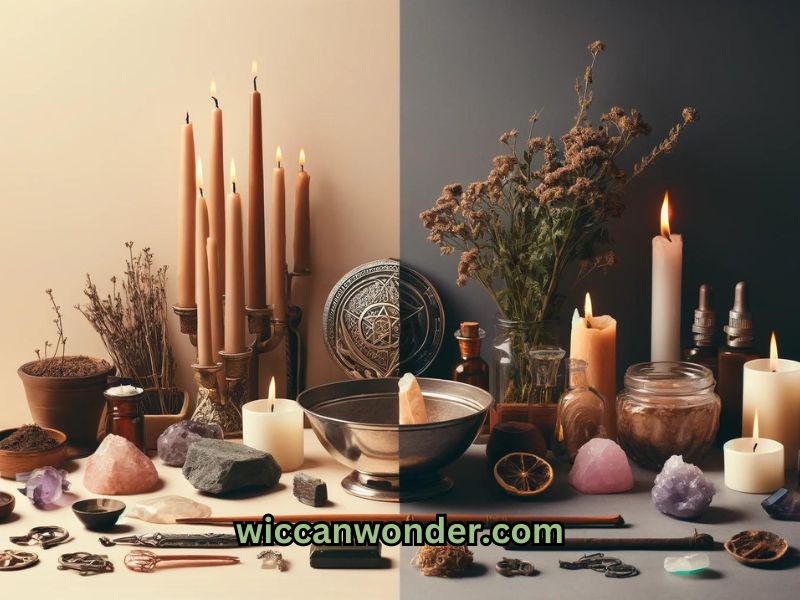
In both rituals and spellcasting, certain objects play an important role in focusing intentions and shaping outcomes
Rituals often use items that hold cultural or religious meaning. These might include candles, incense, or specific clothing. The use of these tools is mostly symbolic, helping to focus everyone’s minds and energies on the task at hand.
Spellcasting, on the other hand, often uses tools and symbols that are believed to have their own power. Crystals, herbs, and wands are a few examples. An herb might be chosen for its properties that match the spellcaster’s goal.
Both practices see these tools and symbols as essential, but they serve different purposes. In rituals, the tools help create a special atmosphere. In spellcasting, they’re often seen as direct amplifiers or channels of mystical energy.
Knowing why a chalice might be used in a ritual or why a specific stone is chosen during spellcasting can give you a better understanding of the intention and the personal connection each practitioner has with their chosen objects.
Lifestyle Integration
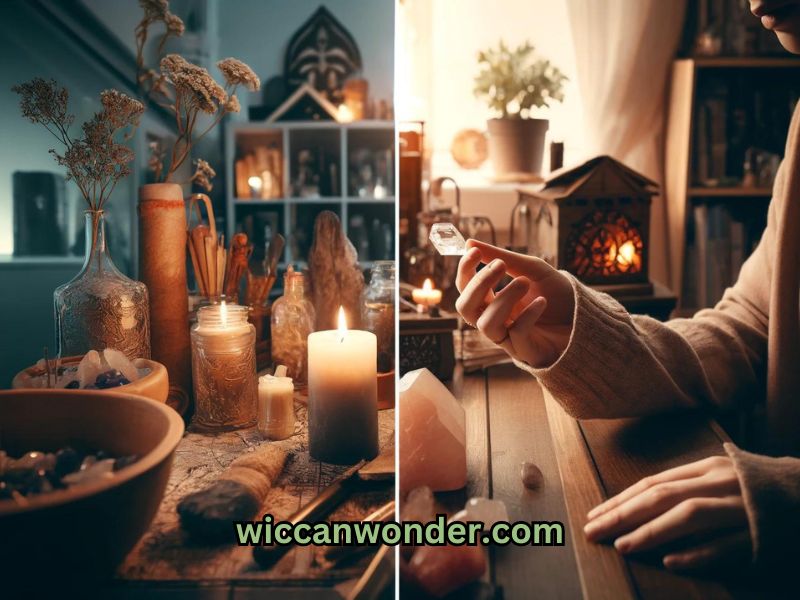
Rituals are more than just structured activities; they are part of cultural ceremonies and daily routines. They often mark important events or changes, acting as milestones that highlight shared values.
Spellcasting, while it can be done alone, also fits into personal routines. People who cast spells might do so to bring about change or seek personal growth, making it a thoughtful and intentional act that’s deeply personal.
Both rituals and spellcasting affect more than just the event itself; they influence how you approach life. Whether by honoring traditions or aiming for personal transformation, these practices can shape your habits, mindset, and lifestyle choices.
Understanding these practices helps you see their role and importance in different contexts, showing how they serve as tools for connection and change.
Frequently Asked Questions
Q: What are common tools used in rituals?
A: Common tools in rituals include candles, incense, specific clothing, and other items that hold cultural or religious meaning.
Q: What tools are often used in spellcasting?
A: Tools in spellcasting often include crystals, herbs, wands, and other items believed to have their own power.
Q: Can rituals and spellcasting be done alone or in groups?
A: Rituals are often done in groups but can also be performed alone. Spellcasting is usually done alone but can also be done in groups, especially with those who share similar beliefs.
Q: How do rituals and spellcasting influence daily life?
A: Both practices can shape your habits, mindset, and lifestyle choices, helping you honor traditions or pursue personal goals.
Q: What is the purpose of using specific tools in these practices?
A: In rituals, tools help create a special atmosphere and focus the participants’ minds. In spellcasting, tools are often seen as amplifiers or channels of mystical energy to help achieve specific goals.
Final Thoughts
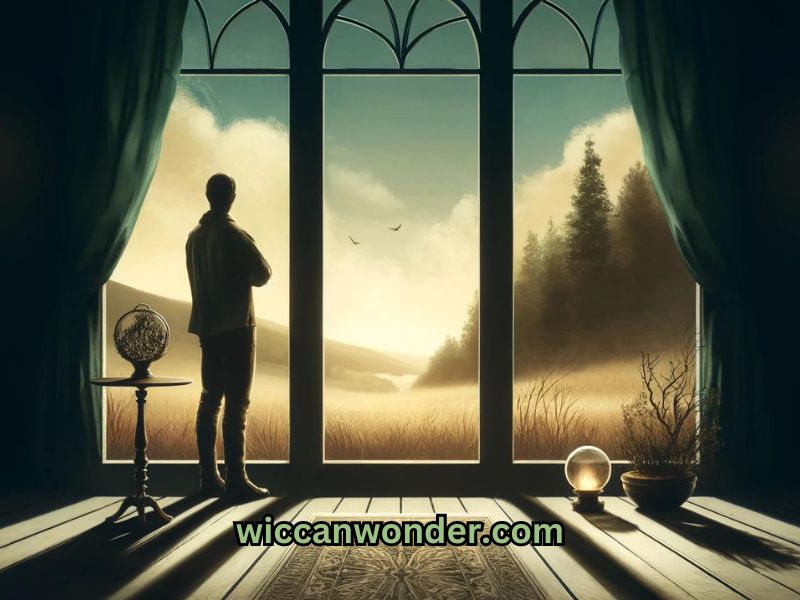
You can see that rituals and spellcasting are two special practices that mean different things to different people. Rituals bring people together and help them celebrate important moments in life, while spellcasting is a more personal way for you to make changes you want to see in your own life.
Both practices use tools and symbols in their own ways to create a special feeling or to try to make something happen. They can also become a big part of your life, shaping how you think and what you do every day.
By learning about the differences between rituals and spellcasting, you can better understand and appreciate how important they are to people from all walks of life. These practices give you a way to connect with others, express yourself, and find purpose in your life.
No matter what background or beliefs you have, rituals and spellcasting can be deeply meaningful and powerful experiences for you. They remind you of the many ways you can find meaning and magic in the world around you.
So, what do you think? Have you ever been a part of a ritual or tried spellcasting yourself? Please leave me a comment below
Until Next Time
Blessed Be!
Taianne
Share the Love
Latest Posts

Welcome to WiccanWonder.com!
I’m Taianne, your guide on this enchanting journey into the realm of Wicca and witchcraft. Inspired by the magical stories of pop culture, I’ve transitioned from a casual fan to a dedicated explorer of Wicca’s true nature—a nature-based religion celebrating the divine, the cycles of nature, and living harmoniously with the earth. Through WiccanWonder.com, I aim to demystify Wicca, separating fact from fiction, and inviting others to explore its rich traditions and practices alongside me. As a fellow seeker, I’m here to share insights, discoveries, and open a space for dialogue and learning. Whether you’re new to Wicca, a seasoned practitioner, or simply curious about magic and spirituality, your presence enriches our journey. Let’s explore the wonder of Wicca together.
Feel free to contact me at Taianne@wiccanwonder.com
Blessed be!
